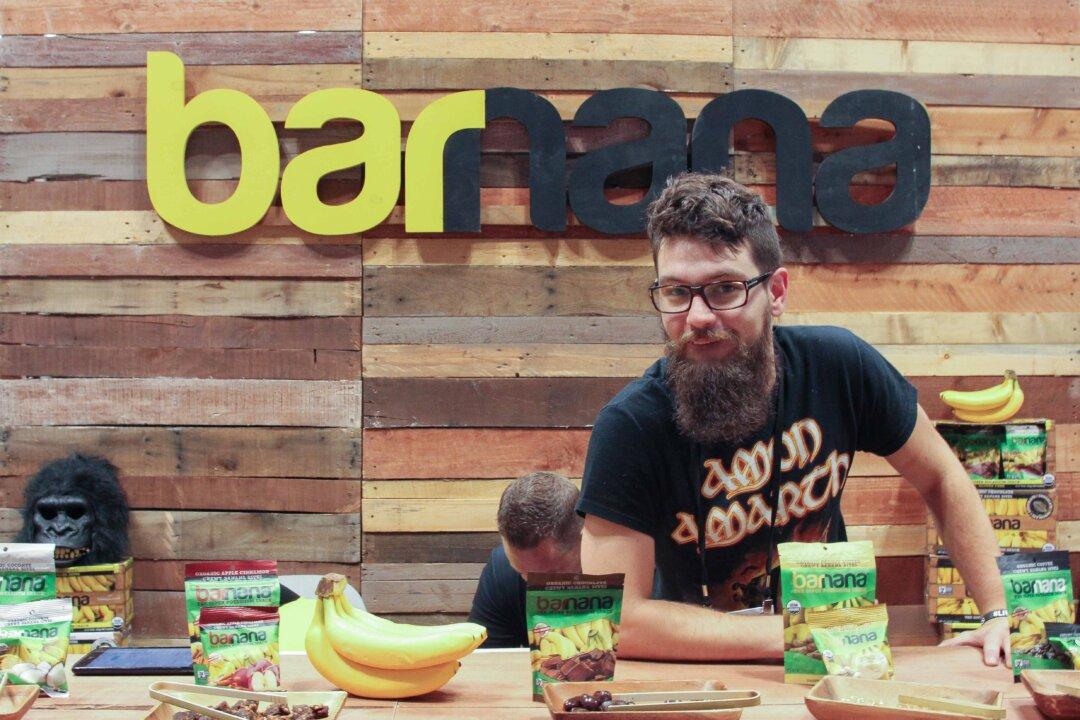Those of you who are hungry for food that is both healthy, and sustainably produced, read on, because this dispatch from the Summer Fancy Food Show in New York is filled with tasty treasures.
Produced by the Speciality Food Association, the yearly expo is the largest of its kind in North America and represents a $120.5 billion industry that has grown 21.2 percent since 2013, according to a press release.
Among the 2,670 exhibitors were food artisans and entrepreneurs, importers, exporters, distributors, food industry service vendors, and farm cooperatives.
About half of the exhibitors came from over 55 countries, from Argentina to Vietnam. The rest were from across the United States, with Kansas, Massachusetts, Minnesota, North Carolina, Pennsylvania, Vermont, Virginia, and SUSTA (Southern United States Trade Association) showcasing their companies by state. The largest state participation was, not surprisingly, New York, with 267 food companies.
Spreads, jams, dairy, salsas, bars, teas, baked goods, oils, snacks, confectionaries, bottled drinks, and prepared goods in thousands of combinations could be sampled by industry professionals only, as this event is not open to the general public.
As journalist, I was looking for stories, and for companies that confirmed the trends that show Americans want their food locally and sustainably sourced, with minimal processing.
Products like artisan ice cream, ethnic cuisine and spices, farm/estate branded items, healthy kids meals, artisan butchery, and ancient grains are other trends in demand, according to nearly 1,600 chefs surveyed in the fall of 2015 by the National Restaurant Association.
It wasn’t hard to find evidence of these trends, and listening to the passion and the inspiring stories of the entrepreneurs, it wasn’t hard to believe that I was talking to the future of food in America.
Back to the Roots







